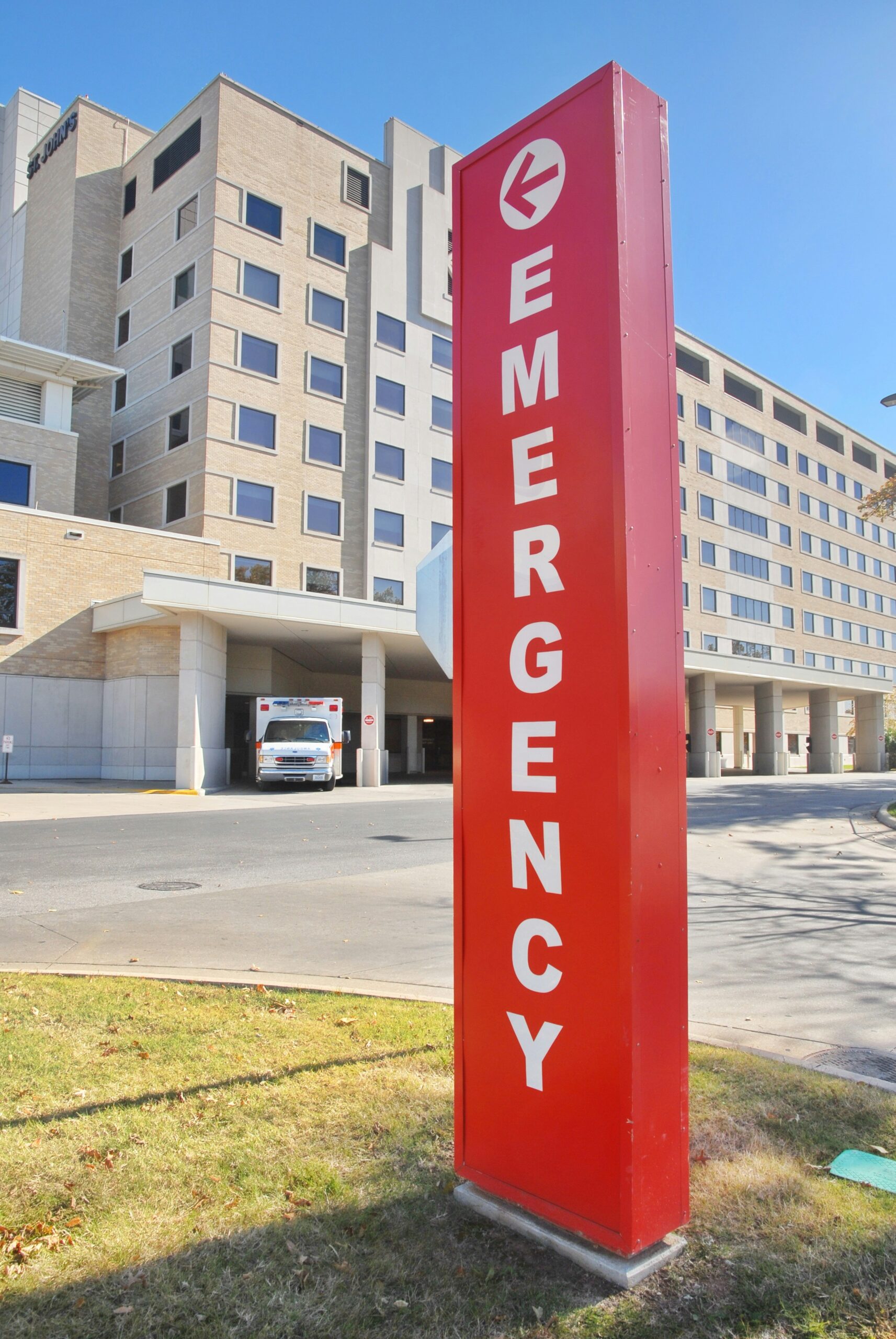
Government Services Emergency Hotline in the Philippines
Emergencies can happen at any time, and it’s crucial to know who to call for help. In the Philippines, the government has established various emergency

Emergencies can happen at any time, and it’s crucial to know who to call for help. In the Philippines, the government has established various emergency

Applying for a civil service position in the Philippines can be an exciting and rewarding opportunity. Whether you’re a fresh graduate or a seasoned professional

Getting a passport is an essential step for anyone planning to travel abroad. In the Philippines, the Department of Foreign Affairs (DFA) is responsible for

Getting an NBI clearance in the Philippines is an important step for various purposes such as employment, travel, or legal transactions. The National Bureau of

Hey there, newbie road warrior! Ready to embark on your driving adventures? Well, before you hit the pedal to the metal, you’ll need to secure
When it comes to providing essential services to its citizens, the government of the Philippines plays a crucial role. From healthcare to education, infrastructure to public safety, the government ensures that the needs of the people are met. In this article, we will explore some of the key government services available in the Philippines.
Access to quality healthcare is a fundamental right for every Filipino. The government of the Philippines recognizes this and has implemented various programs and initiatives to ensure that healthcare services are accessible to all. The Department of Health (DOH) is responsible for overseeing the provision of healthcare services in the country. One of the flagship programs of the DOH is the Philippine Health Insurance Corporation (PhilHealth), which provides health insurance coverage to Filipinos. Through PhilHealth, individuals and families can avail themselves of affordable healthcare services, including hospitalization, consultations, and laboratory tests.
The government of the Philippines places great emphasis on education, recognizing it as a key driver of national development. The Department of Education (DepEd) is responsible for overseeing the education system in the country, from primary to tertiary levels. Public schools, funded by the government, provide free education to Filipino students. The K-12 program, implemented by DepEd, aims to enhance the quality of education by adding two years to the basic education curriculum. This program equips students with the necessary skills and knowledge to succeed in the global job market.
Investing in infrastructure is crucial for economic growth and development. The government of the Philippines recognizes this and has initiated various infrastructure projects to improve connectivity and transportation across the country. The Department of Public Works and Highways (DPWH) is responsible for the planning, construction, and maintenance of public infrastructure. This includes roads, bridges, airports, seaports, and flood control systems. These infrastructure projects not only improve the quality of life for Filipinos but also attract investments and promote tourism.
Ensuring the safety and security of its citizens is a top priority for the government of the Philippines. The Philippine National Police (PNP) is responsible for maintaining law and order in the country. The PNP works closely with local government units to prevent and address crimes, maintain peace and order, and provide emergency response services. They also collaborate with other government agencies to ensure public safety during natural disasters and other emergencies.
The government of the Philippines is committed to uplifting the lives of the marginalized and vulnerable sectors of society. The Department of Social Welfare and Development (DSWD) is responsible for implementing social welfare programs and services. These programs include cash assistance for indigent families, livelihood support for the unemployed, and social pension for senior citizens. The DSWD also provides assistance during times of calamities and disasters, ensuring that affected individuals and communities receive the necessary support. In conclusion, the government of the Philippines plays a vital role in providing essential services to its citizens. From healthcare to education, infrastructure to public safety, the government ensures that the needs of the people are met. Through various departments and agencies, the government continues to work towards improving the quality of life for all Filipinos.